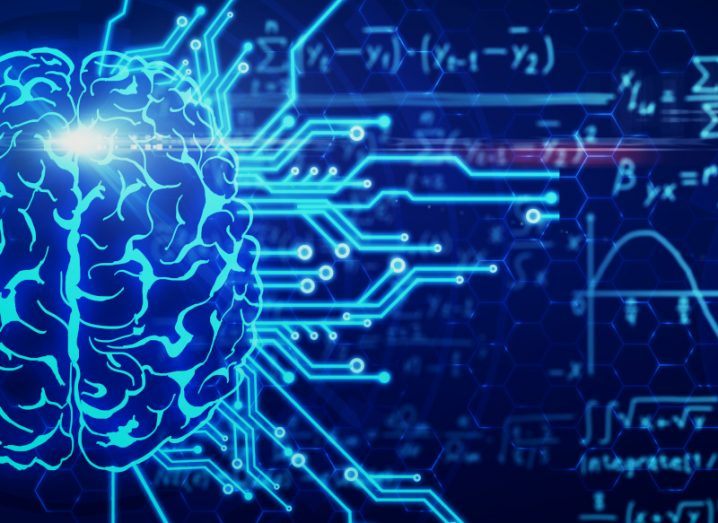The AlphaProof and AlphaGeometry 2 AI models from Google’s DeepMind are revolutionizing mathematical thinking, which is a weakness of AI chatbots.
Google DeepMind claims that after resolving four of the six problems in this year’s International Mathematical Olympiad, one of the most challenging mathematics competitions in the world, its artificial intelligence models are now at a “silver-level standard” in complicated mathematics.
On July 25, Google DeepMind announced that it had made progress in resolving complex mathematical reasoning difficulties for AlphaProof and AlphaGeometry 2.
Mathematics has been considered a critical benchmark for the advancement of AI. Geometry is a complex math subject that requires sophisticated thinking abilities and intuitive and imaginative problem-solving.
AlphaGeometry 2 is an enhanced version of a geometry-solving system, while AlphaProof is a new reinforcement learning-based system for formal mathematical reasoning.
According to the corporation, the two systems “reached the same level as a silver medalist in the competition for the first time,” solving four of the six IMO tasks from this year.
The IMO is the biggest, most established, and most esteemed competition for aspiring mathematicians. More than a hundred nations participated in this year’s UK-based event, organized yearly since 1959.
As a “grand challenge in machine learning and an aspirational benchmark for measuring an AI system’s advanced mathematical reasoning capabilities,” according to Google, the Olympiad has gained widespread recognition.

Google AI results are compared to human ratings. Google is the source.
Professor Sir Timothy Gowers, recipient of an IMO gold medal, said:
“The fact that the program can come up with a non-obvious construction like this is very impressive and well beyond what I thought was state of the art.”
With a system named AlphaGo, which learned to play the board game Go and beat the renowned Go expert Lee Sedol in 2016, Google previously experimented with mathematical AI models.
To create AlphaProof, researchers have now fused pre-trained language models with AlphaZero, the AlphaGo replacement. Millions of issues converted into the official programming language “Lean” are solved by it during training.
In the meantime, AlphaGeometry 2 is a neuro-symbolic hybrid system with enhanced geometry problem-solving abilities built on Google’s Gemini AI model.
“Continuing to explore multiple AI approaches for advancing mathematical reasoning,” the business said in a statement, “our AI teams plan to release more technical details on AlphaProof soon.”
A Q2 earnings report from Alphabet, Google’s parent company, indicates that DeepMind has been heavily investing in AI-related research. The loss from “Alphabet-level activities,” which is primarily attributable to funding for AI research and development, came to $2.3 billion in Q2, nearly twice as much as it did during the same time last year.
The competition in AI has been intensifying.
The creator of ChatGPT, OpenAI, is reportedly developing a fresh method for its AI models under a project code-named “Strawberry,” according to a Reuters story from July 15. According to reports, the model’s purpose is to significantly enhance AI reasoning capabilities and make deep internet research autonomous.
Furthermore, SearchGPT, an AI-powered search engine prototype, was unveiled by OpenAI on July 25.
On July 23, along with the release of Llama 3.1, the company’s newest model, Meta CEO Mark Zuckerberg, announced that the company was moving forward with making open-source AI the industry standard.



